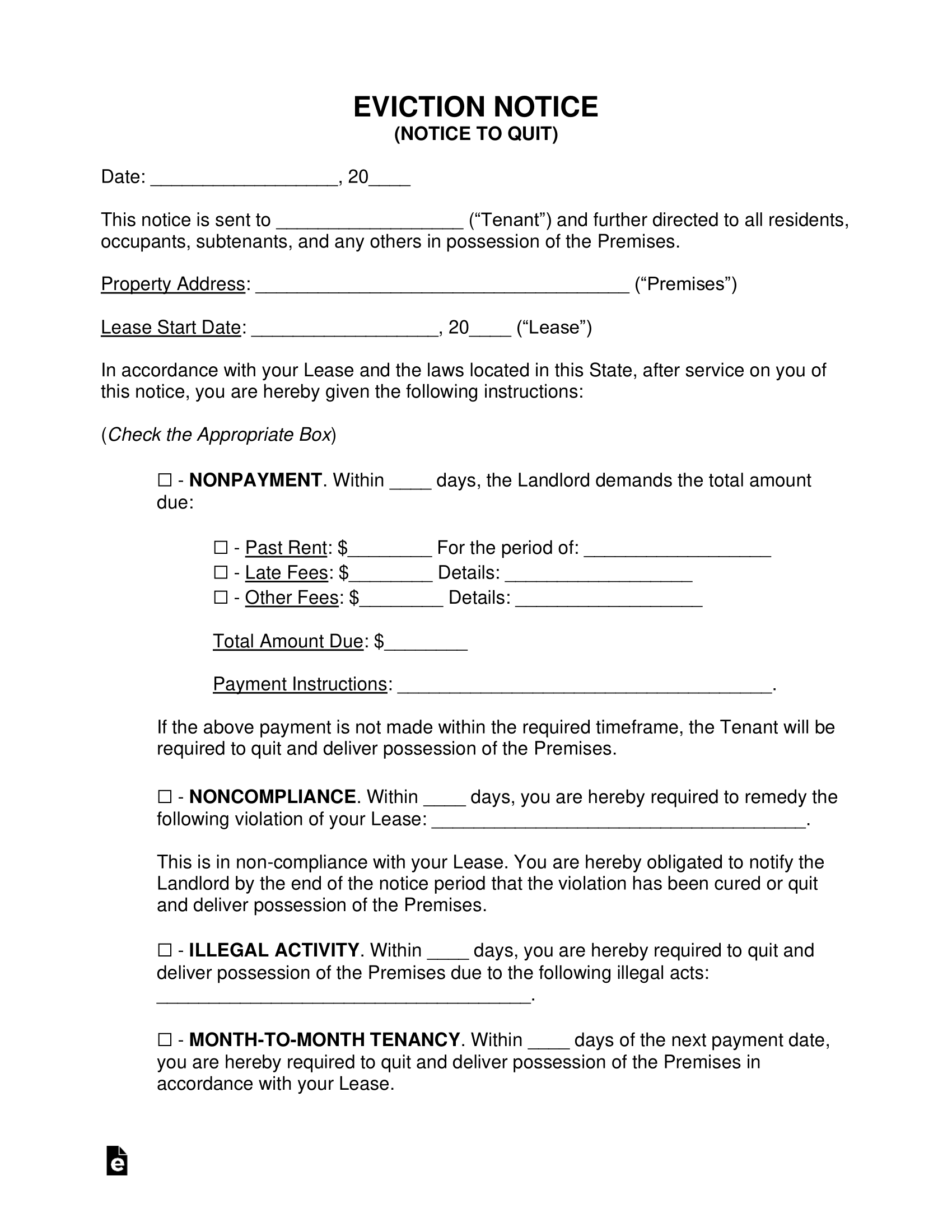Do I have to formally evict a client at a homeless shelter?
I’m so sorry about this situation. To your question: yes, you would need to go through a standard eviction.
Under the law, a tenant is anyone granted the right to occupy a property, regardless of whether rent is exchanged. That means you must follow the formal eviction process:
- Give the tenant notice that their tenancy is being terminated. If in-person isn’t possible, mail a copy and post it on the door.
- If they don’t leave, file a case in local court.
- Serve the tenant with the complaint and summons (done by a process server, sheriff, or other adult not involved in the case).
- The tenant usually has 5–7 days to reply.
- The court sets a hearing. You explain your basis for eviction; the tenant can defend.
- If you win, you’ll get a judgment, and the sheriff will post a 24-hour notice to vacate, then enforce it.
Hope that's been helpful.
Full Conversation

We operate a transitional housing program where tenants live on site in the place where we provide other homeless services. We have a participant who is harassing a staff member. This participant previously acted out violently against a roommate and was arrested. We need to evict for the safety of staff, and possibly other clients. Is this a standard eviction?

I’m sorry to hear about the situation. Have you already documented the incidents of harassment and violence involving this participant?

Yes.

Are there any specific clauses in the participant’s lease agreement regarding behavior or safety that could support the eviction process?

Not that specific.

Is there anything else the lawyer should know before I connect you?

No.

Hello! Legal Eagle here, and I am an attorney specializing in your area of law. I’m more than happy to help you. What was the outcome of the violent incident?

She was convicted and given probation and I believe assignment to behavioral health court. She pepper sprayed another client.

I’m so sorry about this situation. To your question: yes, you would need to go through a standard eviction.
Under the law, a tenant is anyone granted the right to occupy a property, regardless of whether rent is exchanged. That means you must follow the formal eviction process:
- Give the tenant notice that their tenancy is being terminated. If in-person isn’t possible, mail a copy and post it on the door.
- If they don’t leave, file a case in local court.
- Serve the tenant with the complaint and summons (done by a process server, sheriff, or other adult not involved in the case).
- The tenant usually has 5–7 days to reply.
- The court sets a hearing. You explain your basis for eviction; the tenant can defend.
- If you win, you’ll get a judgment, and the sheriff will post a 24-hour notice to vacate, then enforce it.
Hope that's been helpful.






